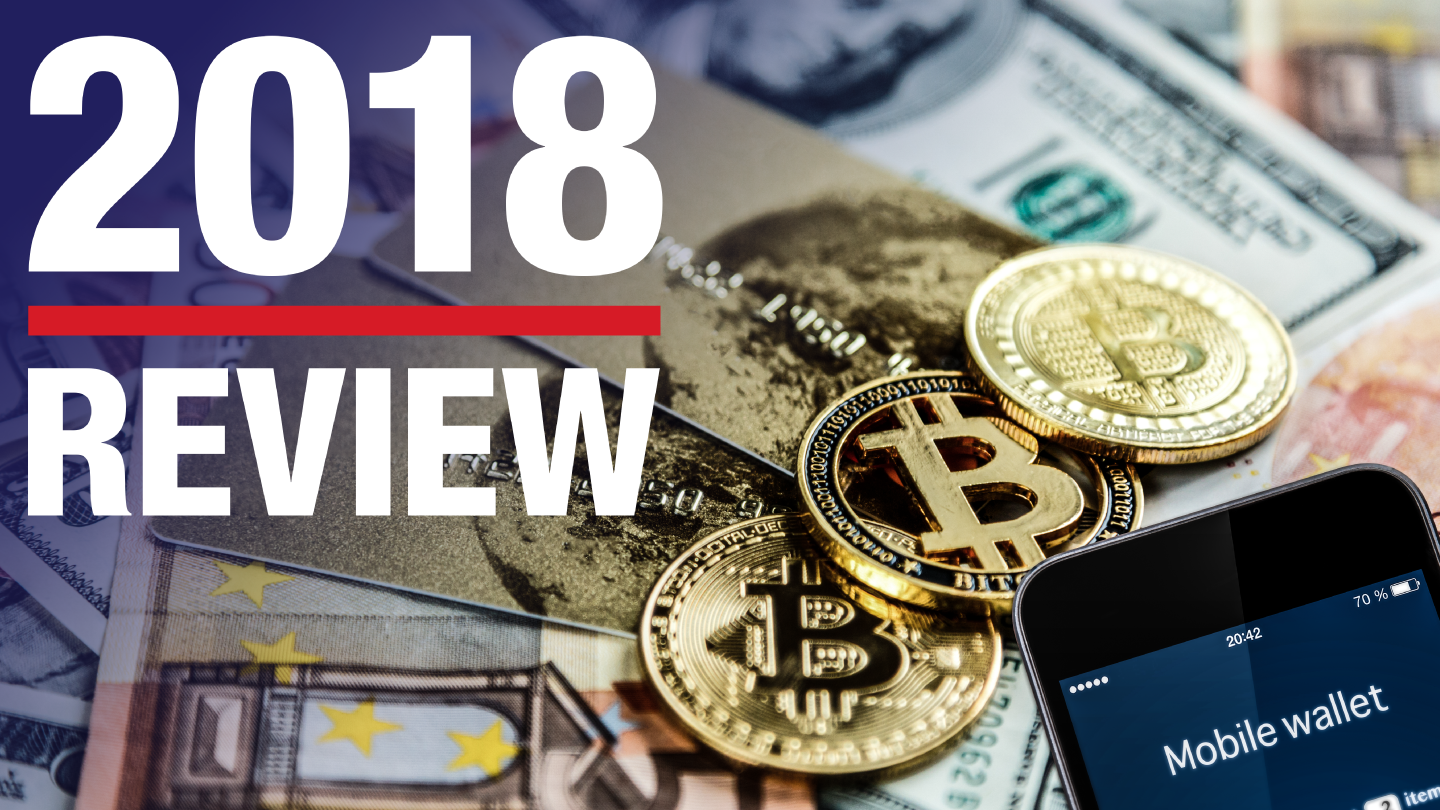Cashless Society - what changed this year?
Paul Race

In November 2016, Visa claimed that cash represented the Ghost of Christmas past. Now I'm no expert on ghosts but isn't it traditional that they hang around for longer than expected and stir up things long forgotten or ignored? In finance, ghostly terminology has sometimes been used to explain things we cannot (at the time at least), fully understand. Who can forget early use of the term 'phantom withdrawals' to describe unexplained cash withdrawals from ATMs.
In September this year MasterCard boasted that contactless payments had increased to such an extent that they now accounted for a half of all card transactions. But was 2018 the year in which a spectre appeared at the celebratory cashless feast and is there reason to be scared? This is no Project Fear, merely an examination of facts.
Amid all the media cheerleading about the seemingly unstoppable march towards a 'cashless society', a rather different and more measured tone emerged following the events of 1 June, when a glitch resulted in large numbers of businesses being unable to accept electronic payments. Undoubtedly, it was noted, chaos would have ensued were it not for an alternative means of payment - cash.
So what else has happened this year? In particular, how have central banks reacted to the cashless option? Sweden has long been cited as a forerunner in cashless, with cash payments being just 1 percent of GDP compared with the 10 percent eurozone average. However, the Riksbank has recently voiced concerns regarding the speed of change in the country.
In February the Riksbank stated that change needed to take place 'at a rate that does not create problems for certain social groups of exclude anyone from the payment market'. Evidence suggests 7 out of 10 Swedes still want the option to pay in cash in the future.
On 10 November, in an article published in World Economic Forum entitled 'Why Sweden's cashless society is no longer a utopia' the Deputy Governor of the Riksbank highlighted concerns regarding reliance on the private sector for access to money and payment methods. Elsewhere, the Governor of the Austrian National Bank has said 'if there is, for instance, an energy blackout cash is the only surviving way of payment'. Is this perhaps the ghost of Christmas yet to come?
Meanwhile, the Director of Payments at the Dutch Central Bank has been quoted as saying 'cash provides trust' and 'we see a lot of people who really need it’.
What are the inhibitors to change? In addition to the fact that in most countries large numbers of people still choose to use cash, I was interested to read a comment in the Financial Times in May. In the context of evolving crypto currencies, it commented 'Even in the realm of mainstream electronic money some of us are spooked by concerns about data security, technological reliability and the risks of unwitting overpayment.'
There go those spooks again!
While nobody denies that non-cash means of payment are becoming more important, real concerns are being registered at the speed of transformation in some countries. A less-cash society is with us, the cashless world - be it dystopian or utopian - remains some way off.